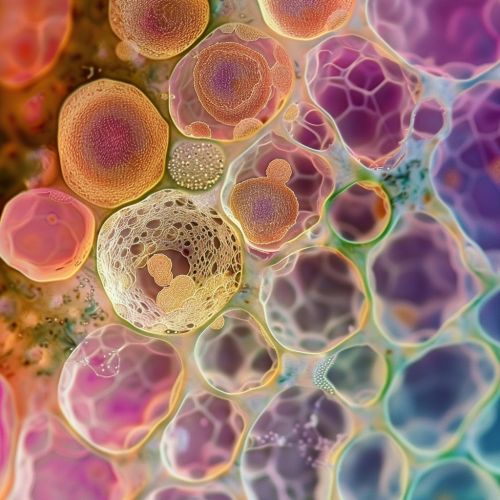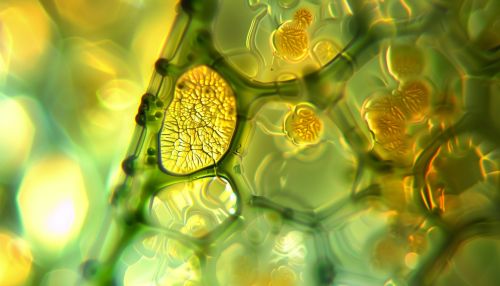CONSTANS Protein
Overview
CONSTANS (CO) is a protein that plays a crucial role in the regulation of flowering time in plants. It is a member of the Zinc finger protein family and is encoded by the CO gene in the plant Arabidopsis thaliana. The protein is involved in the photoperiod pathway of flowering, which is the process by which plants use day length to regulate their flowering time.


Structure and Function
The CONSTANS protein is composed of two B-box zinc finger domains at the N-terminal end and a CCT (CONSTANS, CONSTANS-like, and TOC1) domain at the C-terminal end. The B-box domains are involved in protein-protein interactions, while the CCT domain is responsible for nuclear localization and DNA binding.
The function of CONSTANS is to promote flowering in response to long-day conditions. It achieves this by activating the expression of the FLOWERING LOCUS T (FT) gene, which encodes a protein that moves from the leaves to the shoot apical meristem to induce flowering.
Regulation
The expression of the CONSTANS gene and the stability of the CONSTANS protein are regulated by multiple factors. The gene is expressed in a circadian rhythm, with peak expression occurring in the late afternoon under long-day conditions. This timing is critical for the protein to effectively promote flowering.
The stability of the CONSTANS protein is regulated by light. In the dark, the protein is degraded by the proteasome, a complex that breaks down unneeded or damaged proteins. However, under light conditions, the protein is stabilized, allowing it to activate the FT gene and promote flowering.
Role in Photoperiodic Flowering
Photoperiodic flowering is a mechanism by which plants use day length to regulate their flowering time. The CONSTANS protein plays a central role in this process in Arabidopsis thaliana and other long-day plants.
Under long-day conditions, the CONSTANS protein accumulates in the afternoon due to its circadian rhythm of expression and light-dependent stabilization. This leads to the activation of the FT gene and the promotion of flowering. Under short-day conditions, however, the protein is degraded before it can activate the FT gene, thus preventing flowering.
Role in Other Biological Processes
In addition to its role in photoperiodic flowering, the CONSTANS protein is also involved in other biological processes. For example, it has been shown to regulate the expression of genes involved in the response to abiotic stress, such as drought and high salinity. This suggests that the protein may play a role in helping plants adapt to changing environmental conditions.
